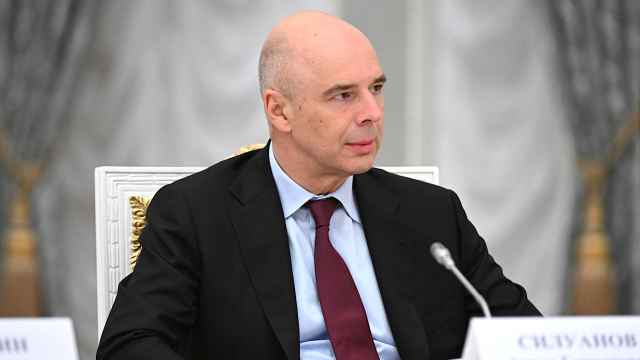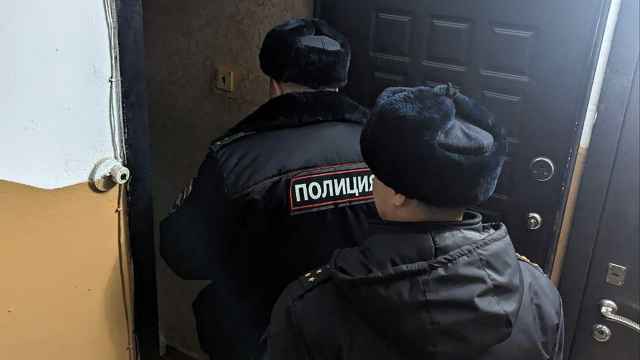Russia will pull out of a double taxation treaty with Cyprus after Cypriot officials refused to agree to Moscow’s demands over a new business tax regime, Russia’s Finance Ministry said Monday.
In a statement the Finance Ministry said Cyprus did not agree with Russia’s plans to levy a new 15% tax on dividend payments which flow from Russian businesses to parent companies incorporated in Cyprus.
The new tax was first outlined by President Vladimir Putin as a measure to help cover the costs of the coronavirus pandemic by clamping down on Russian firms sending their profits overseas to minimize tax payments in Russia.
It is due to come into force next January, but requires Russia to amend various bilateral agreements with other countries.
The mediterranean island is a popular legal base for Russian firms due to its low corporate taxes, privacy laws, legal system based on English law, and status as a member of the European Union.
The Russian government estimates that almost two trillion rubles ($27 billion) of corporate earnings flowed from Russia to Cyprus in 2019 alone.
Tax experts told Russian news site RBC it will be less profitable for Russian firms to incorporate in Cyprus should the tax treaty be abandoned, but they expect the two sides to strike some kind of agreement before the end of the year.
Moscow’s plans to target capital outflows to low-tax jurisdictions have also surprised foreign firms based in Russia, who use dividends as a legitimate way of sending profits from their Russian arms back to their parent companies.
“This is an issue which is very important, and we are following it very closely,” Tadzio Schilling, chief executive of the Association of European Businesses (AEB) recently told The Moscow Times.
“We need to make sure that by doing what they want to do, or by achieving what they want to achieve, there is no collateral damage.”
A Message from The Moscow Times:
Dear readers,
We are facing unprecedented challenges. Russia's Prosecutor General's Office has designated The Moscow Times as an "undesirable" organization, criminalizing our work and putting our staff at risk of prosecution. This follows our earlier unjust labeling as a "foreign agent."
These actions are direct attempts to silence independent journalism in Russia. The authorities claim our work "discredits the decisions of the Russian leadership." We see things differently: we strive to provide accurate, unbiased reporting on Russia.
We, the journalists of The Moscow Times, refuse to be silenced. But to continue our work, we need your help.
Your support, no matter how small, makes a world of difference. If you can, please support us monthly starting from just $2. It's quick to set up, and every contribution makes a significant impact.
By supporting The Moscow Times, you're defending open, independent journalism in the face of repression. Thank you for standing with us.
Remind me later.






